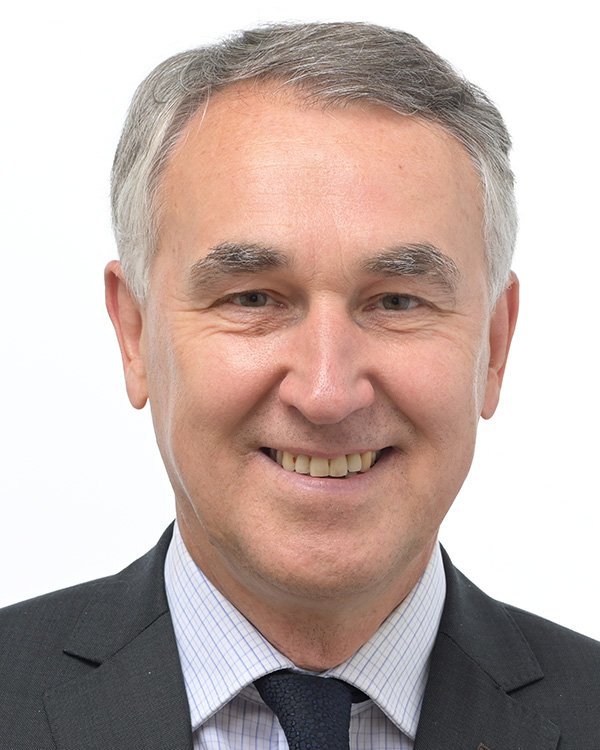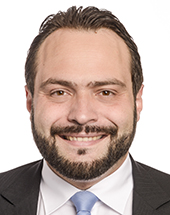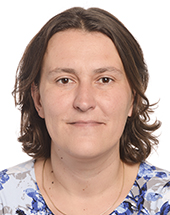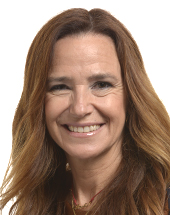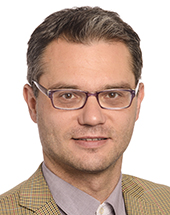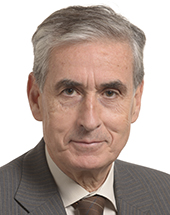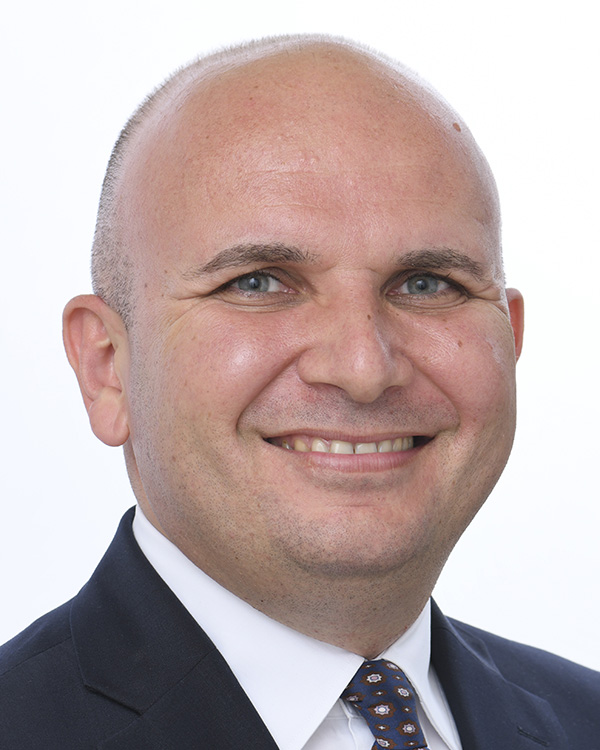
Choisissez la langue de votre document :
- bg - български
- es - español
- cs - čeština
- da - dansk
- de - Deutsch
- et - eesti keel
- el - ελληνικά
- en - English
- fr - français
- ga - Gaeilge
- hr - hrvatski
- it - italiano
- lv - latviešu valoda
- lt - lietuvių kalba
- hu - magyar
- mt - Malti
- nl - Nederlands
- pl - polski
- pt - português
- ro - română
- sk - slovenčina
- sl - slovenščina
- fi - suomi
- sv - svenska
|
| Процедура : 2018/2098(INI) |
| Етапи на разглеждане на документа : A8-0373/2018 | ||||||
Внесени текстове : A8-0373/2018 | Разисквания : PV 11/12/2018 - 17CRE 11/12/2018 - 17 | Гласувания : PV 12/12/2018 - 12.17CRE 12/12/2018 - 12.17 Обяснение на вота | Приети текстове : P8_TA(2018)0515 | |||
| Пълен протокол на разискванията | |
| Вторник, 11 декември 2018 г. - Страсбург |
|
| Последно осъвременяване: 22 май 2019 г. | Правна информация - Политика за поверителност |


